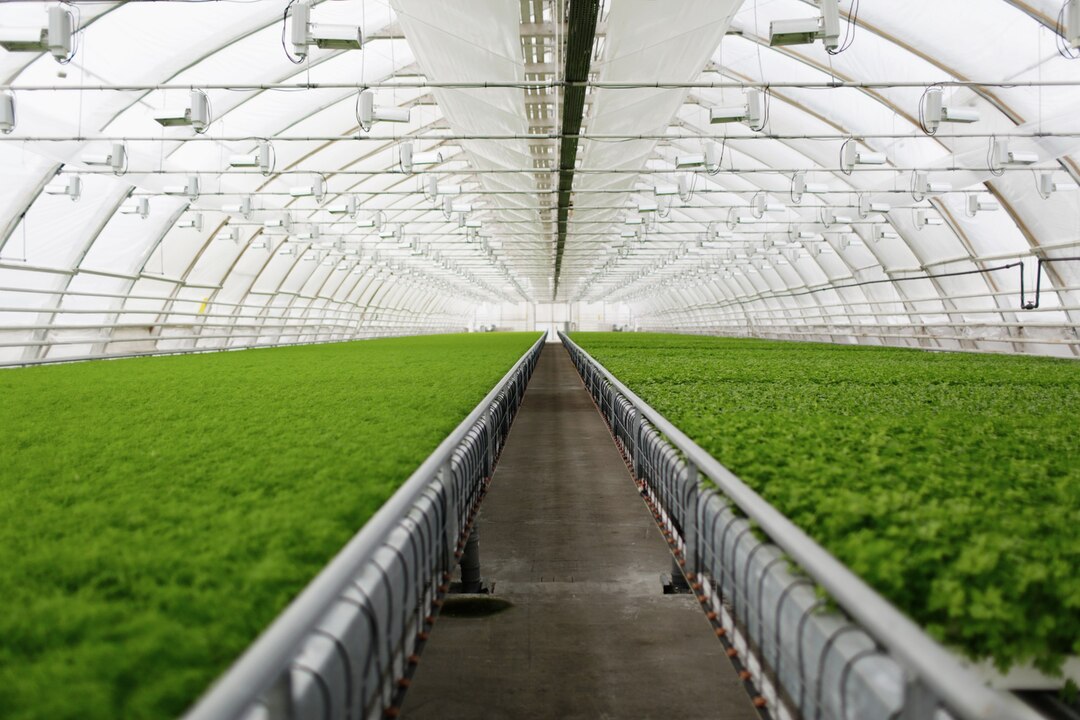Botswana’s horticulture sector holds significant potential to contribute to the country’s GDP and reduce dependency on imported produce. Despite efforts to modernize the industry, challenges remain that hinder productivity and profitability for local farmers. Addressing these issues requires a strategic combination of policy changes, subsidies, and mentorship programs.
One institution making strides in this space is the Greenhouse Farmers Academy, founded and led by Ms. Amanda Masire. The academy offers BQA-accredited courses that focus on smart agriculture, pest control, and modern farming techniques. These initiatives aim to close knowledge gaps among farmers, equipping them with the skills necessary for sustainable and efficient farming.
However, while training programs are essential, they are not sufficient to unlock the full potential of the horticulture sector.
The Need for Policy Changes
Botswana’s policies must prioritize the development of horticulture through clear frameworks that support both small-scale and commercial farmers. A few key areas of intervention include:
- Investment in Infrastructure
Policies should encourage the development of critical infrastructure such as irrigation systems, cold storage facilities, and transportation networks. These are vital for reducing post-harvest losses and ensuring produce reaches markets in optimal condition. - Access to Affordable Credit
Farmers often struggle to access financing to invest in greenhouses, seeds, and equipment. By implementing policies that lower interest rates on agricultural loans, farmers can scale their operations and adopt modern techniques. - Import Substitution and Market Support
The government can implement policies that prioritize locally grown produce in national procurement, such as in schools, hospitals, and public institutions. This will create a stable market for horticultural products and reduce reliance on imports.
Government Subsidies: A Catalyst for Growth
To make horticulture more competitive, government subsidies are essential. These can take several forms:
- Input Subsidies: Lowering the cost of fertilizers, seeds, and farming equipment can increase farmer output while reducing production costs.
- Energy and Water Subsidies: As agriculture relies heavily on electricity and water, targeted subsidies for greenhouse operations can reduce overhead costs and improve profitability.
- Training Incentives: Supporting programs like the Greenhouse Farmers Academy ensures that farmers have access to affordable education on smart agriculture practices.
Subsidies, if well-implemented, can bridge financial barriers and enable farmers to adopt modern techniques that boost productivity.
Mentorship Programs: Bridging the Knowledge Gap
Mentorship programs are another critical pillar for driving growth in the sector. While farmers may have access to training, ongoing mentorship helps translate theory into practice. Programs that pair experienced agronomists with emerging farmers can provide tailored guidance on:
- Crop selection and rotation strategies
- Pest and disease management
- Greenhouse management and smart irrigation systems
Ms. Amanda Masire highlights that mentorship is essential for achieving long-term success in farming. “Training is the foundation, but mentorship allows farmers to continuously improve and adapt to challenges, ensuring sustainability and profitability.”
The Way Forward
To grow Botswana’s horticulture sector, a collaborative effort between policymakers, training institutions, and the private sector is required. By combining strategic policy changes, targeted subsidies, and mentorship programs, the country can unlock the potential of horticulture, create jobs, and enhance its contribution to the GDP.
The work being done by institutions like the Greenhouse Farmers Academy is a step in the right direction. However, government support will be crucial to scale these efforts and position Botswana’s horticulture sector as a key driver of economic growth.
As the conversation around smart agriculture evolves, stakeholders must work together to implement solutions that address both immediate and long-term challenges.










